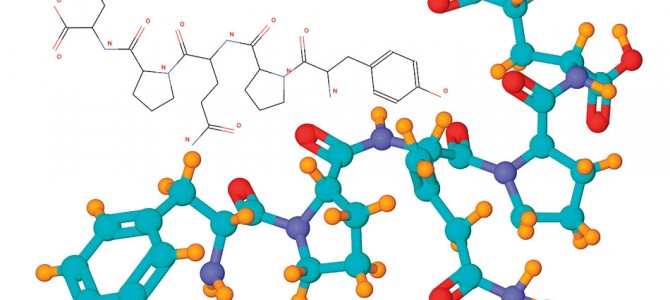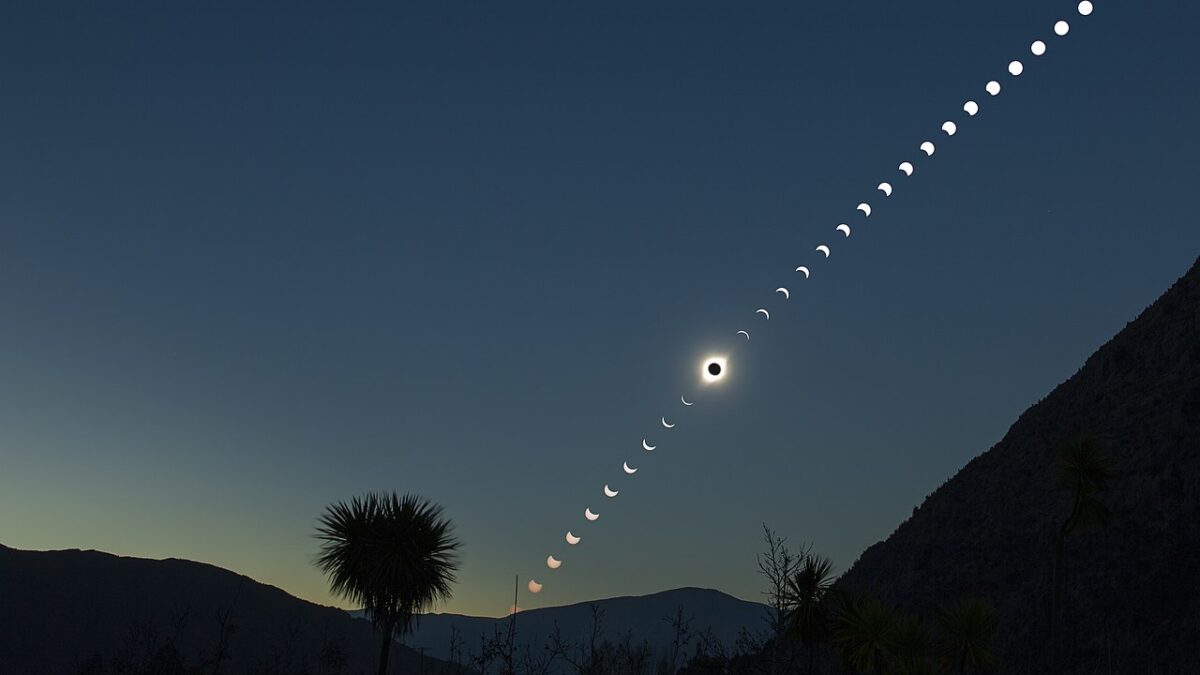
How does science work? With science being used as the basis for regulations that are supposed to turn the entire global economy upside-down, and in an age when having science on your side has become a point of partisan pride, allowing some people to condemn anyone who opposes their politics as “anti-science,” we could use a reminder about exactly how science is supposed to work.
We just got one in the form of a new study on “non-celiac gluten sensitivity.” This is the idea that eating bread makes us sick, and you may have observed the growing fad of gluten-free food and gluten-free diets.
Celiac disease—which is basically a violent allergy against gluten, a protein found in wheat and a few other grains—is well-documented. But it’s also extremely rare. The question is whether the general public is at risk from any adverse health effects from eating gluten.
This hypothesis gained a lot of credibility a few years back when Australian gastroenterologist Peter Gibson published a study seeming to show a correlation between gluten consumption and digestive problems. But now a new, more comprehensive study has cast serious doubt on that idea.
The author of the new study? Peter Gibson.
Here’s the story:
[L]ike any meticulous scientist, Gibson wasn’t satisfied with his first study. His research turned up no clues to what actually might be causing subjects’ adverse reactions to gluten. Moreover, there were many more variables to control! What if some hidden confounder was mucking up the results? He resolved to repeat the trial with a level of rigor lacking in most nutritional research. Subjects would be provided with every single meal for the duration of the trial. Any and all potential dietary triggers for gastrointestinal symptoms would be removed, including lactose (from milk products), certain preservatives like benzoates, propionate, sulfites, and nitrites, and fermentable, poorly absorbed short-chain carbohydrates, also known as FODMAPs. And last, but not least, nine days worth of urine and fecal matter would be collected. With this new study, Gibson wasn’t messing around.
What Gibson found is that gluten sensitivity is largely psychosomatic.
Gibson found that each treatment diet, whether it included gluten or not, prompted subjects to report a worsening of gastrointestinal symptoms to similar degrees. Reported pain, bloating, nausea, and gas all increased over the baseline low-FODMAP diet. Even in the second experiment, when the placebo diet was identical to the baseline diet, subjects reported a worsening of symptoms!
In other words, people felt sick because they thought they were supposed to. In some cases, though, Gibson found a link to the FODMAPs, which are often found in foods that contain gluten, explaining why it may have seemed as if gluten was to blame. So Gibson’s new study overthrows his own previous results.
Is this story remarkable? Hardly. This is supposed to be how science works. A scientist doesn’t have to reject his own theory; that depends on the evidence. But he has to be open to rejecting it.
But I suppose it is a comment on today’s scientific debate that this seems remarkable. Could you imagine anyone doing the same thing with, say, global warming? Well, there’s no need to stick to hypotheticals: look what just happened to Lennart Bengtsson.
Long ago, the science on global warming became something other than science. It became a social cause, a political movement, and for the most dedicated, it has become a source of neo-religious secular salvation. Oh yes, and it has also become a multi-billion-dollar scientific-industrial complex, a source of funding for universities and of subsidies for politically connected businessmen. It had better not be questioned, or else a whole lot of people’s livelihoods are going to be put in danger.
Perhaps gluten sensitivity doesn’t have quite the same impetus behind it—though there is still plenty of temptation on a smaller scale.
To some extent the gluten-free fad depends on the “dihydrogen monoxide” effect, the famous stunt in which people were convinced to sign a petition to ban water, good old H2O, by rebranding it with a scary-sounding name. The same thing applies to gluten. I doubt if many of the people who are now looking to go gluten-free even know what gluten is. It’s a kind of protein found in grains, especially wheat, that becomes stretchy when mixed with water, helping bread to rise and giving it a chewy rather than a crumbly texture. If you were to ask people whether wheat is unhealthy or whether bread is toxic, they wouldn’t buy it. But “gluten” sound vaguely disgusting and unappetizing, so who wants that in their food?
I suppose this also ties in to “paleo” caveman-diet fad, particularly its environmentalist wing, with its insistence that the birth of agriculture through the cultivation of wheat—basically, the foundation of human civilization—wasn’t really progress.
More broadly, the anti-gluten hysteria ties in to the secularization of the religious outlook, which has produced a peculiar materialistic version of puritanism. Unlike in the old puritanism, it doesn’t matter whom you have sex with—the number, gender, or combinations—just so long as you don’t smoke, don’t eat trans-fats, purge yourself of high-fructose corn syrup, and eat a gluten-free diet. One psychiatrist has defined this as an eating disorder in its own right: orthorexia, an obsession with eating “right,” which is always defined by what you exclude from your diet. But the more old-fashioned term is sanctimony, because the foods you exclude are generally ordinary, everyday foods that most other people keep on gobbling down, enabling you to define yourself as superior to the masses because you abstain.
So all of that is on a big incentive to jump on the bandwagon, or at least to stay out of its way. Professor Gibson could have set himself up as the man who proved what the anti-gluten activists knew all along. He might have spent the rest of his life jetting to conferences, warning of the danger to public health, and who knows, maybe endorsing products in the multi-billion-dollar gluten-free foods business.
Instead, he will no doubt provoke the enmity of millions of dietary hipsters by taking away a source of personal validation.
But he seems more interested in getting the right answer than in being popular. More power to him, because that is the way science is supposed to work.
Follow Robert on Twitter.









